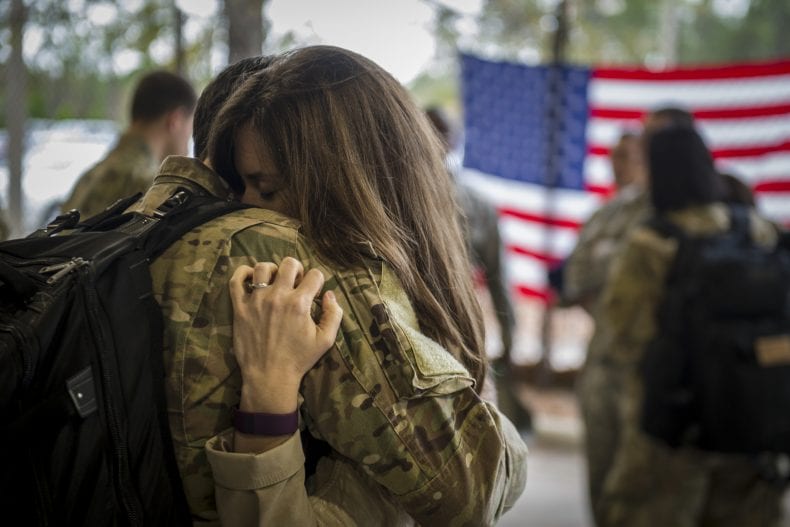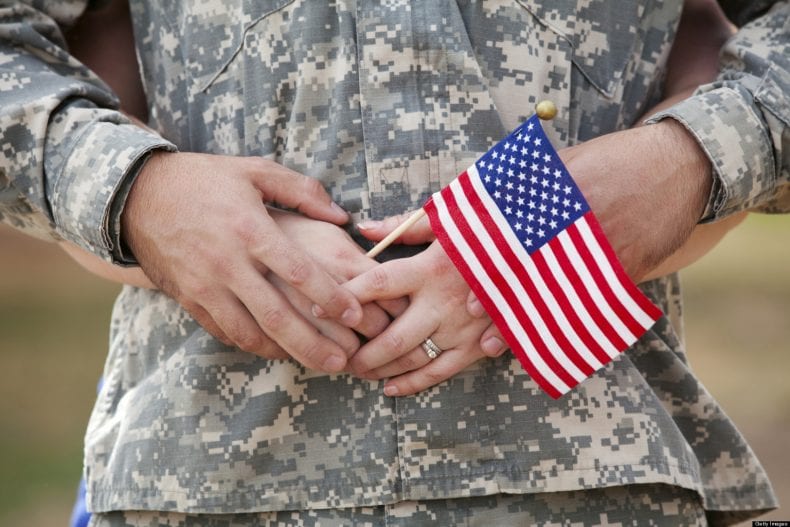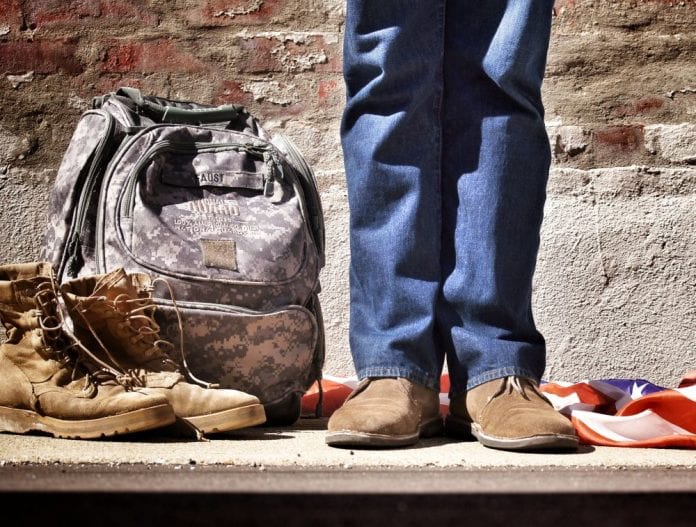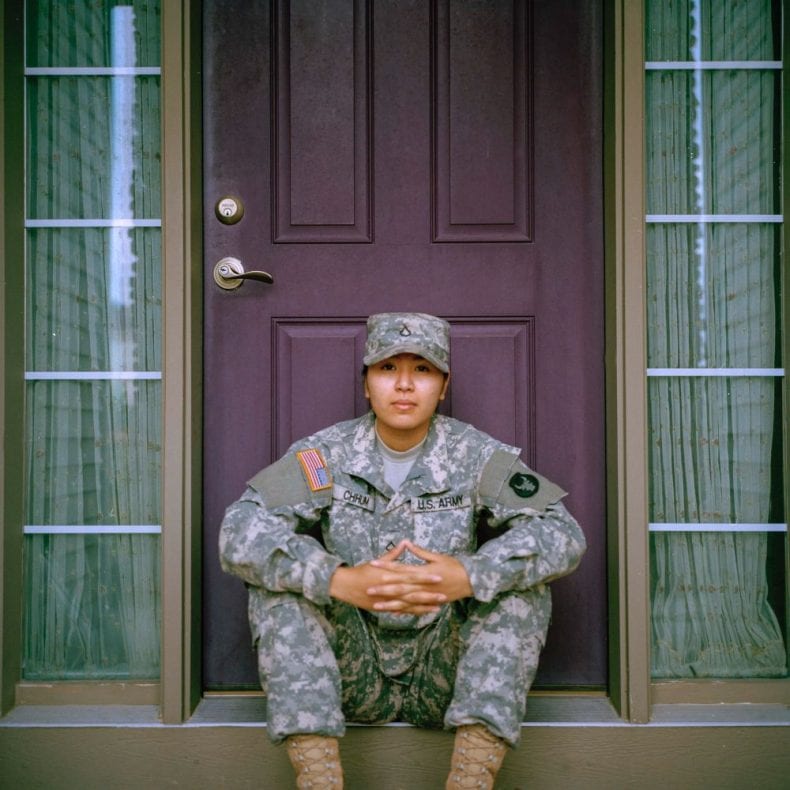If your spouse is returning from service, you may be expecting the reunion to play out like a sentimental YouTube clip, replete with tears and hugs and waving flags. After all, you’ve probably missed them terribly and have waited for this moment for months.
The truth is, reuniting and reconnecting with those back from deployment can be awkward and a little sad. You may feel simultaneously stressed and relieved. However long it’s been, your family will have changed, and everyone will be dealing with plenty of emotions, possibly even resentment.
Jason Kulpa founded San Diego based UE.co in 2008 after holding operations positions at a number of fast-growing Ad-Tech companies. Since then, he has committed his time and efforts to improve his community. Most recently, the military community-based in Southern California inspired Mr. Kulpa to found the Jason Kulpa Wife Scholarship to help ease the burden of student wives of military personnel who have husbands serving overseas. As a civilian privileged to take an active part in the lives of military families, Mr. Kulpa acknowledges that it can be stressful when loved ones return from deployment. Here are a few things to keep in mind as the big day gets closer.
Tone down your expectations
It can be jarring to have a “script” in your mind about how things will be after you meet again after so many months. Bear in mind the actual event will probably be quite stressful or else underwhelming. There’s a lot to process, so don’t feel upset if your partner isn’t bursting with enthusiasm, or even if you don’t think that way either.
Try to avoid making big plans for the days following the return. Keep things simple; you don’t need to dress up or invite your extended family to the airport. You’ll be feeling a mix of emotions, and they’ll likely be jet-lagged. Be there with open arms; you don’t need much else.
Give it time
No matter how connected you were to the person when they left, at that exact moment, your lives diverged and went in different directions. You’ve both had different experiences, and so you’ll be somewhat out of sync with each other. It’s normal to take a few days to get used to one another again and to find the old in-jokes and comfortable ways of relating to one another. Don’t feel worried if you’re not instantly intimate yet; it will take time.
Until then, be patient and keep the lines of communication open. Depending on how long they were gone, things at home have probably changed. Family decisions will have been made, situations will have evolved, and there will probably be news, both good and bad. While you’ll need to catch each other up, try not to rush this part.
There’s a strong chance your loved one experienced some unpleasant things during their duty. Let them know you’re ready to listen when they need you, but be aware that pushing them to share before they’re ready will only frustrate you both.
Be patient with children too. They may be distant, act up, or if they’re very young, may not even recognize the person who’s come home at all. Make sure you have some age-appropriate answers ready for the inevitable questions so that the whole family feels they’re on the same page when it comes to reintegrating with the old routines.

DO:
- Take your cue from the person arriving home. Give yourself a few weeks or so to just take things easy.
- Deliberately take the time to renegotiate old agreements. You’ll need to discuss household responsibilities and routines, from scratch.
- Get to know the person all over again. Don’t assume that anything is the same. They aren’t the same. Neither are you.
DON’T:
- Plan a big celebration. The return date may be changed at the last minute anyway, and festivities will feel awkward if they need some quiet time to re-orient.
- Make any big announcements (such as “I’m pregnant!” or “marry me!”).
- Ignore symptoms of PTSD. Knowing what to look for, and the right time to suggest help can make the world of difference.
A successful reintegration is essential for your loved one’s return from deployment. As their anchor and “home,” don’t underestimate your role in making this transition smooth and easy. It’s normal to look forward to the reunion in anticipation, but try to moderate your expectations and keep the pressure off. Your loved one will have missed you too, but merely meeting them with a smile and open arms will be welcome enough.
About Jason Kulpa Wife Scholarship: The Jason Kulpa Wife Scholarship was created to help ease the burden of student wives of military personnel who have husbands serving overseas. This scholarship provides $1,000 to be used towards bills and other expenses. To be eligible for the Jason Kulpa Wife Scholarship, students must have a husband currently serving overseas in a branch of The United States Armed Forces. To enter for a chance to receive this $1,000 scholarship eligible students must submit a short 500-word essay.











